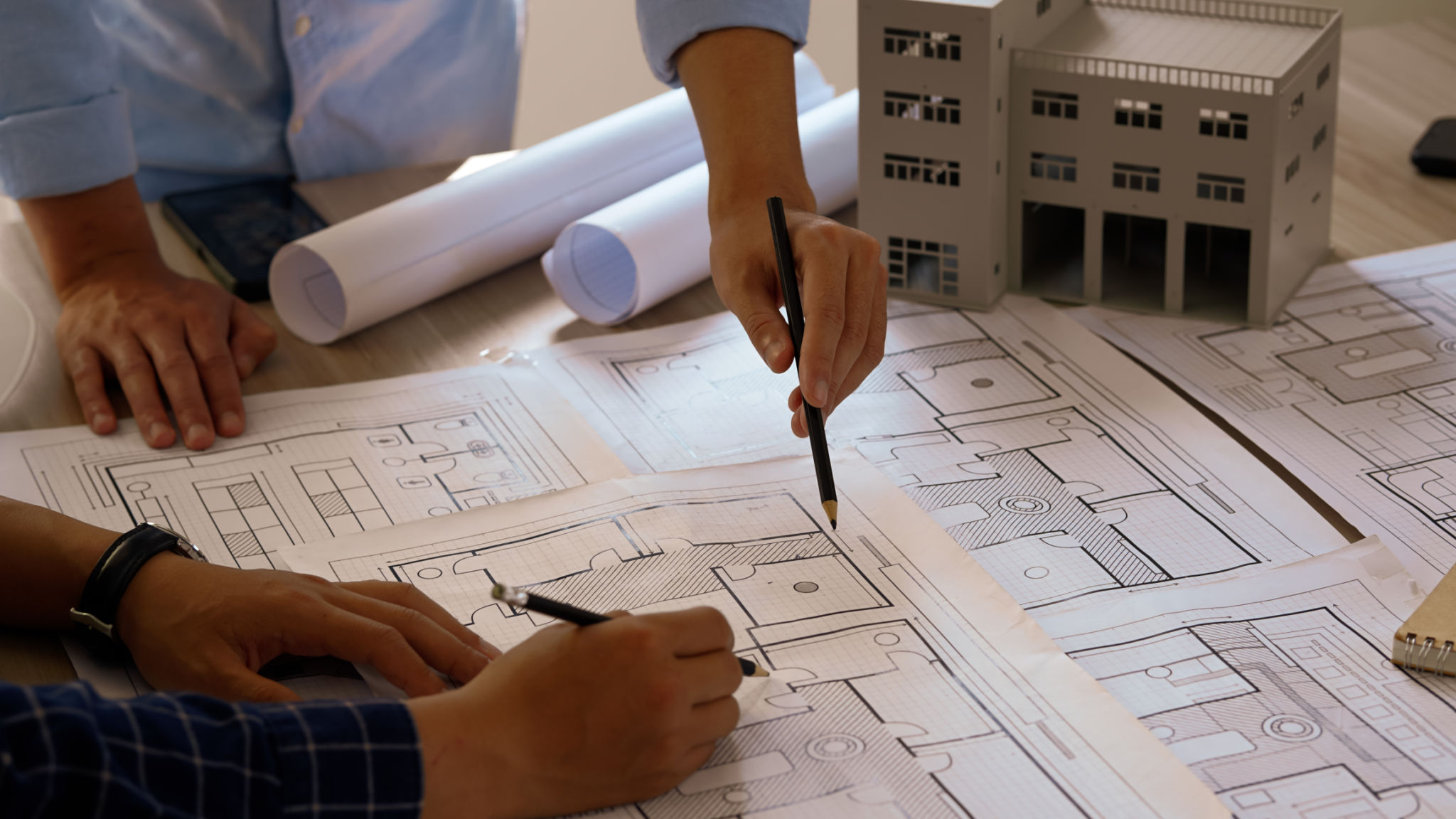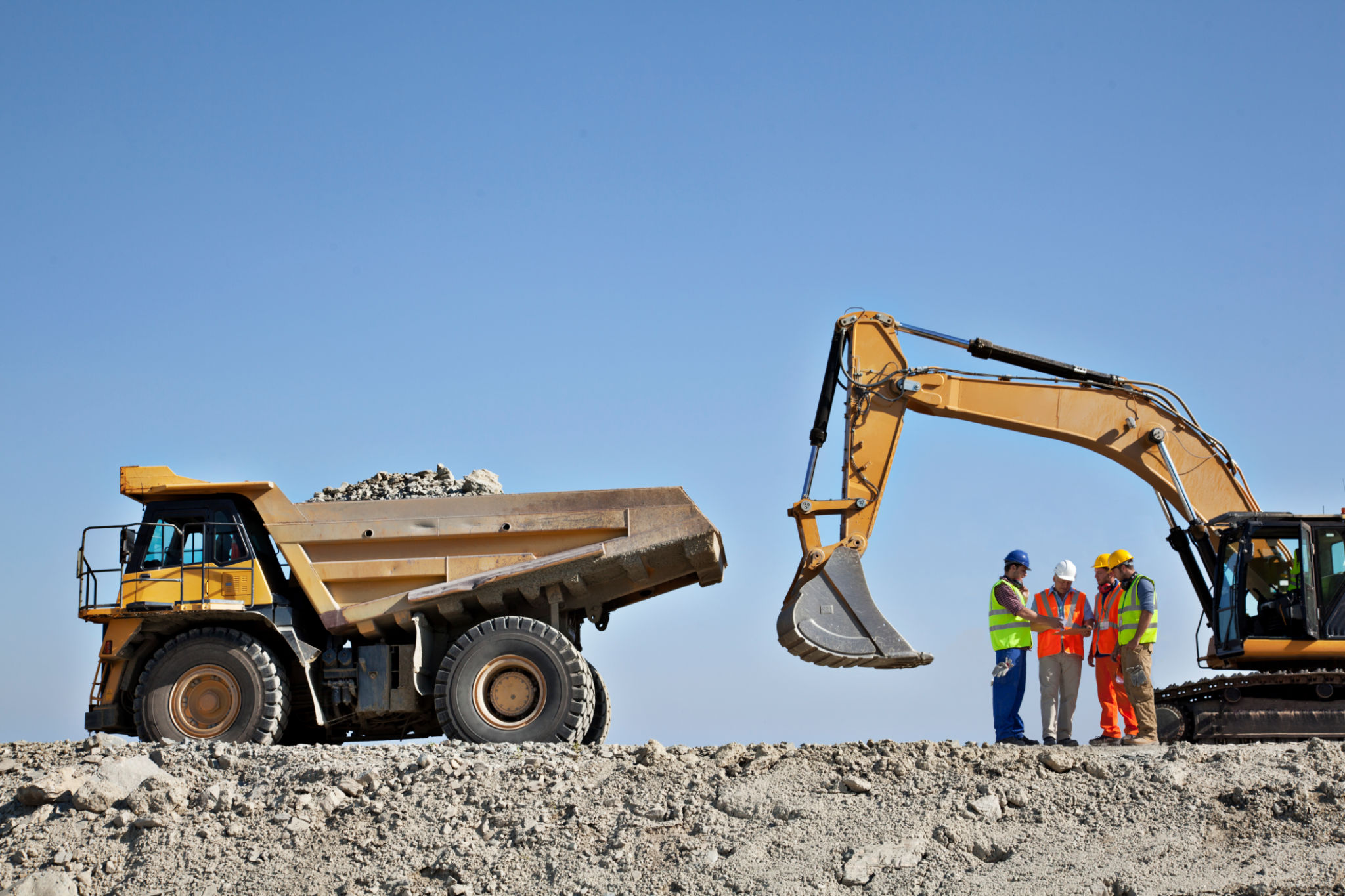Understanding Local Building Regulations in Chennai: A Homeowner's Guide
Introduction to Local Building Regulations
When planning to build or renovate a home in Chennai, understanding local building regulations is crucial. These regulations ensure that constructions are safe, sustainable, and in harmony with the city's urban planning objectives. As a homeowner, being well-informed about these rules can save you time, money, and potential legal hassles.
Why Building Regulations Matter
Building regulations serve as a framework to ensure that all constructions meet minimum standards of safety, health, and structural integrity. In Chennai, these regulations are designed to address the challenges of urban density, environmental concerns, and heritage conservation. Adhering to these regulations helps prevent issues such as illegal constructions, which can result in fines or demolition orders.

Key Regulatory Bodies
The primary authority overseeing construction in Chennai is the Chennai Metropolitan Development Authority (CMDA). Alongside the CMDA, the Greater Chennai Corporation (GCC) plays a significant role in enforcing building codes. Both bodies work together to ensure compliance with zoning laws and land use policies.
Understanding the roles of these organizations can help homeowners navigate the approval process more efficiently. It's important to visit their official websites or offices for updated guidelines and application procedures.
The Planning Permission Process
Before any construction begins, obtaining planning permission is essential. This involves submitting detailed architectural plans to the CMDA for approval. The plans should comply with local zoning laws, which dictate the type of structures allowed in specific areas. These laws cover aspects like building height, plot coverage, and setback requirements.

Essential Documentation
To secure planning permission, homeowners must provide several documents, including:
- Ownership proof of the land.
- Detailed site and building plans.
- NOC (No Objection Certificate) from relevant authorities if required.
- Environmental clearance for projects exceeding certain thresholds.
Ensuring all paperwork is in order can expedite the approval process and prevent unnecessary delays.
Common Challenges and Solutions
Many homeowners face challenges such as discrepancies in land records or non-compliance with zoning laws. Hiring a professional architect or a certified civil engineer can provide invaluable assistance in navigating these issues. They can ensure that your project meets all regulatory requirements while staying within budget and timelines.

Keeping Up with Changes
Building regulations are subject to change as cities evolve. Staying informed about updates is vital for any homeowner planning construction or renovation. Regularly consulting with professionals and checking official announcements can help you stay ahead of any regulatory changes that might affect your project.
In conclusion, understanding local building regulations in Chennai is an essential step for any homeowner looking to construct or modify their property. By familiarizing yourself with these guidelines and seeking professional help when needed, you can ensure a smooth and compliant building process.
